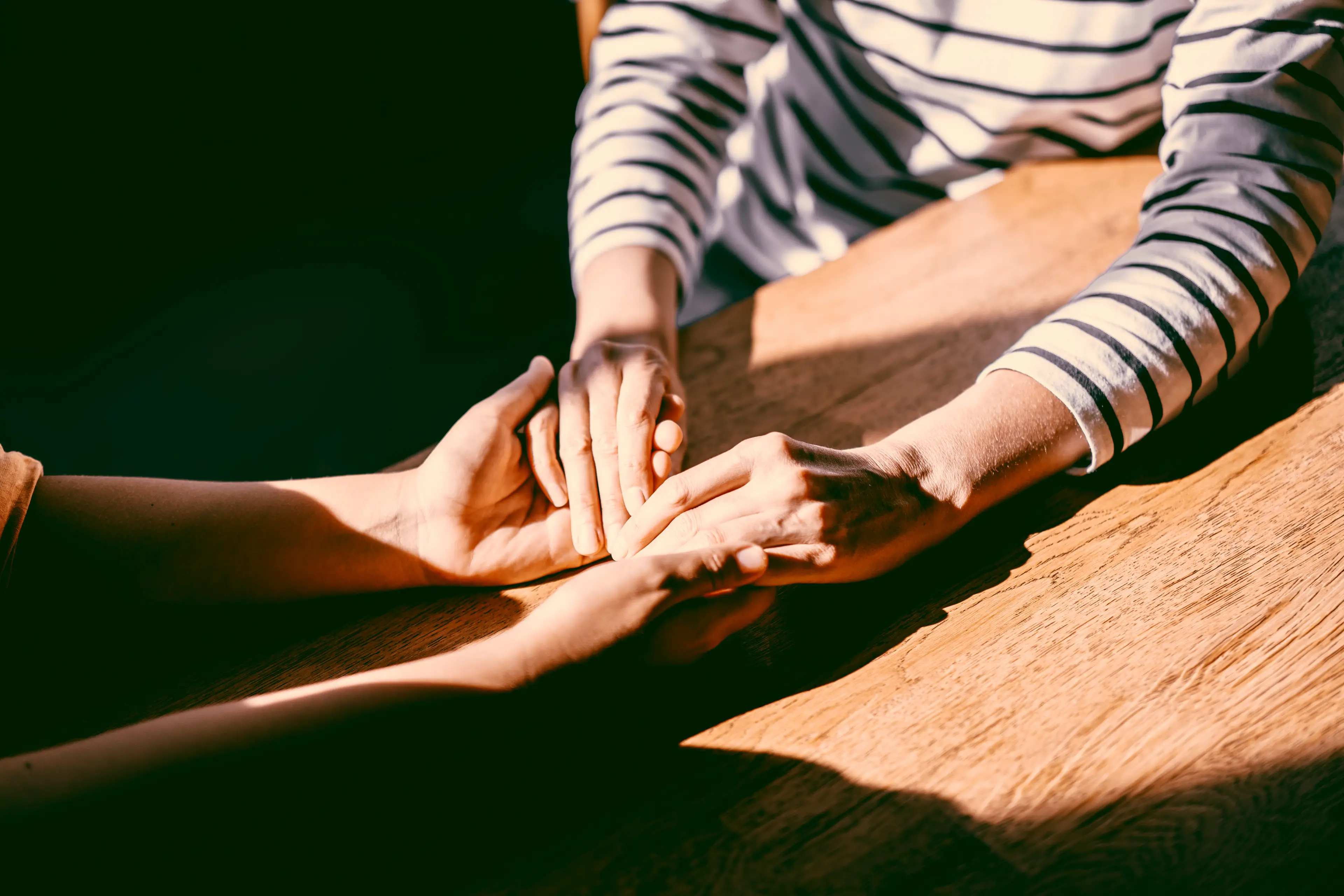
When it comes to working out what your own sexuality is there's a lot to consider, people are complicated and figuring out exactly what you are can be difficult if you can't put it into words, or if the words to put it into don't exist yet.
Really, these things have always existed but we're only now developing the vocabulary to properly articulate them, the scope of human sexuality is under no obligation to conform to the number of terms we have available.
Now, there's another term which may help people understand what their deal is, 'abrosexuality', and given its nature, this one could be very helpful to people wondering how to understand what they're feeling.
One woman who came out as abrosexual explained to the Metro that she finally got a 'lightbulb' moment when she saw someone else explaining it and realised it chimed with her own experience.
Advert
While most of her friends and family were supportive when she explained what abrosexuality was, one former friend told them it 'doesn't sound real', which is really not a helpful thing to say to someone coming out to you.

What is abrosexuality?
The term comes from the Greek word habrós, which means 'graceful' or 'delicate', and abrosexuality is a term used to describe someone who has a fluid sexual orientation.
At times, their level of attraction may shift and they may feel like their sexuality itself is changing.
Dr Adam Baldowski told Very Well Mind it could be very difficult for someone who was abrosexual to realise it, explaining that many end up 'questioning the authenticity of their identity because it’s not as well-known'.
The doctor said people with abrosexuality 'might feel like you’re coming out all the time' if they were getting into relationships with people who didn't fit a previous sexuality they'd come out as.
Dr Ryan Sultán added that it really meant 'shifting attractions towards different genders at various times'.

How does it differ from other sexualities?
While being attracted to different genders is an aspect of pansexuality, abrosexuality is different since the attraction levels fluctuate over time and may come and go.
Dr Sultán said that the 'characteristic fluctuation in their attractions sets abrosexuality apart' from pansexuality.
Since the fluctuation in sexuality can extend to a person's desire for sex as well as who they'd like to have it with, abrosexuality can also be connected to asexuality.
While someone might go through periods of time where they experience little to no sexual attraction that could be comparable to being asexual, for abrosexuals the attraction can come back and continue fluctuating.
As such the relatively new term helps people who many not want to identify themselves as a specific, static sexuality when their own is regularly changing.

What does it mean for relationships?
Healthline says there are 'unique challenges' facing abrosexuals when it comes to forming relationships, as the fluctuating levels of attraction and desire for sex can lead some to avoid something long term.
Some people find that they're no longer attracted to their partner as their sexuality fluctuates, which would be a challenge for any relationship, though many who are abrosexual can and do have healthy long term relationships if they wish to.

How do you support someone with abrosexuality?
First and foremost, you can ask someone who tells you they're abrosexual what kind of support would be most welcome.
Writing in Healthline, Sian Ferguson suggests avoiding questions such as 'are you sure' or 'how do you know' as they might invalidate the feelings of someone trying to open up to you and explain themselves.
She also recommends you give them space to talk about their crushes and relationships comfortably.
Dr Sultán said 'being willing to listen and learn' is one of the key ways to support someone.
Meanwhile, Dr Baldowski says you shouldn't expect someone to 'educate you on their identity', explaining that they'll tell you as much as they're comfortable saying and you shouldn't try to pry into their mind.
Topics: Community, Sex and Relationships, LGBTQ